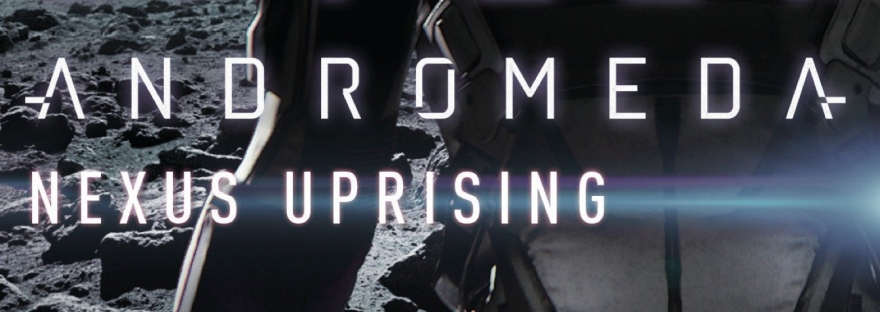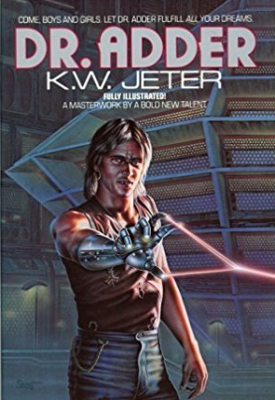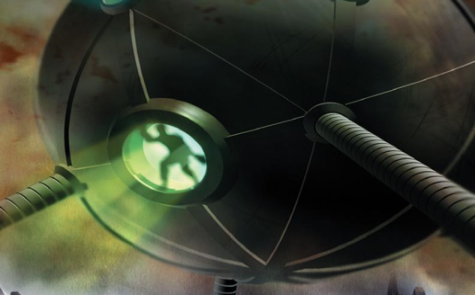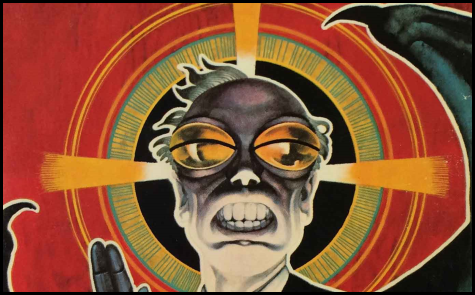I recently read Neil Gaiman’s Norse Mythology — not a particularly challenging or highbrow book, but ultimately an enjoyable one that seems to have set a new standard for re-tellings of mythology.
The book is simply a re-telling of the Norsemen myths, sourced from the 13th century Prose Edda and Poetic Edda. If you’re like me and you’ve read Good Omens and American Gods, you might expect Norse Mythology to have a modest dose of English humor injected throughout. A quarter through the book, I was disappointed to find that it was, to the contrary, devoid of Neil’s characteristic writing style.
It seems as if Neil deliberately quelled any impulses to leave a trace of his footprints in this work, instead delivering a series of tales that speak for themselves. I’m sure that an appreciable amount of labor went into curating and re-writing the tales from the Eddas — Neil himself reports to have spent years studying them for this work — and while the stories do almost always ring with their own intrinsic humor and ridiculousness, I felt it could have benefited from a thin gloss coating of the author’s personality.
One can however imagine that Neil was simply showing respect to the myths, and that his goal was to make the mythology of the North Germanic peoples more accessible and digestible: and at this, he succeeds. Overall however I would regard the book’s content as great but its style merely good.
Nine months later in 2017, Stephen Fry published Mythos, which I’m currently reading. As an accessible retelling of the Greek myths, it is also succeeding — but has the marked advantage of a modest dose of Stephen Fry’s stylistic humor. While the tales themselves are individually entertaining enough, his humor serves as an incentive to pound through the many dozens of them the book contains.
I hope this trend of simplifying ancient mythology — to an extent suitable for adult readers — continues, as I’m very much more likely to seek one out covering, for example, Hindu mythology, than to grind through the classic Vedic literature and epics. Dear writers: thank you for working with, and not against, my laziness.










